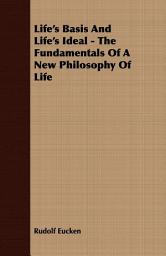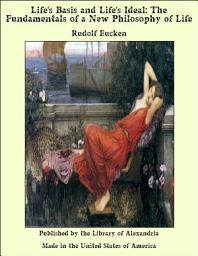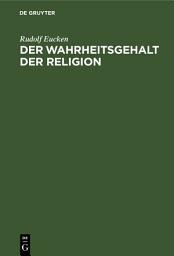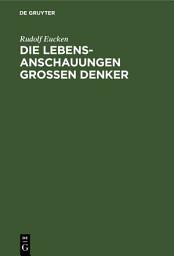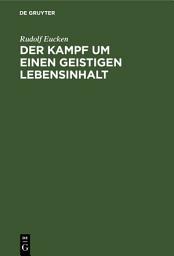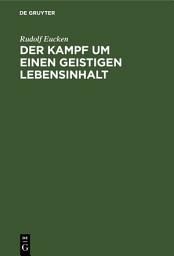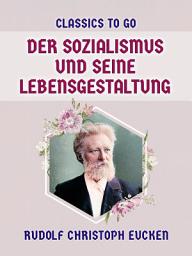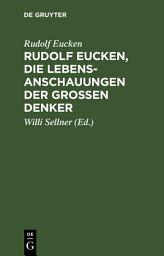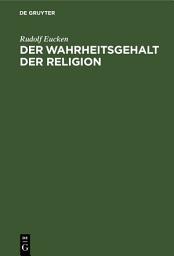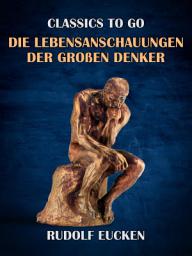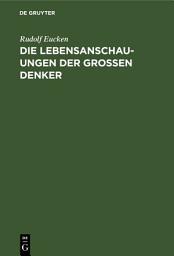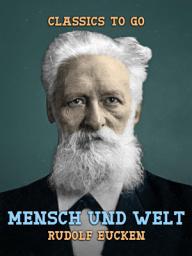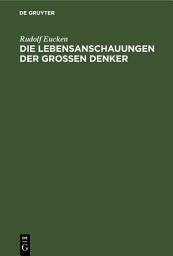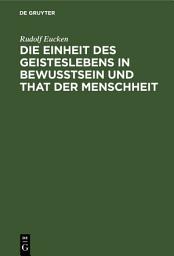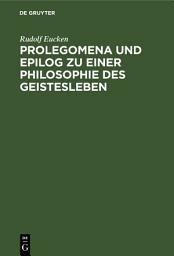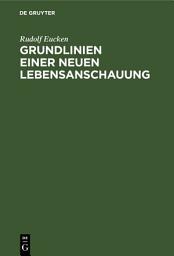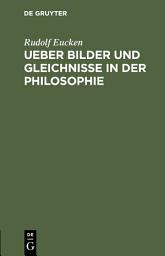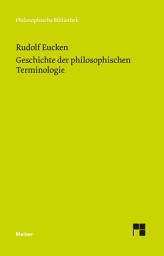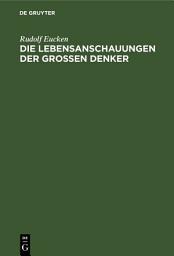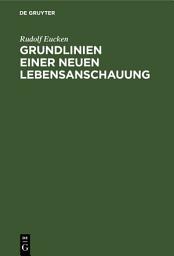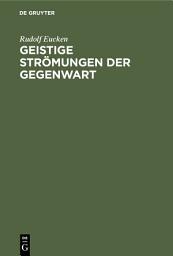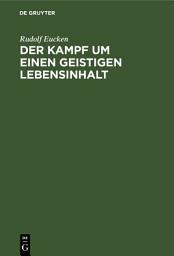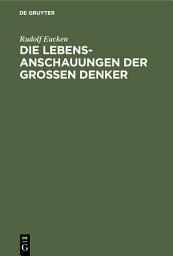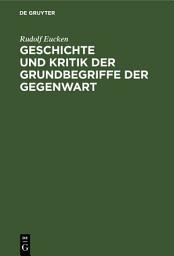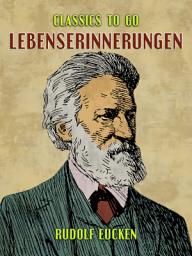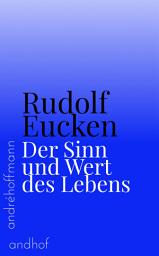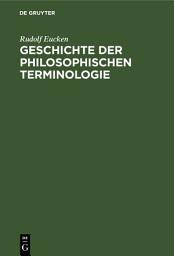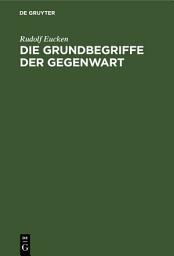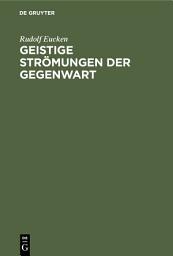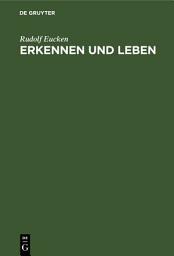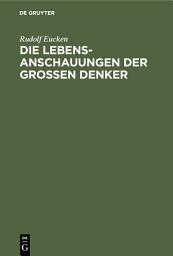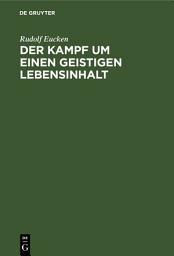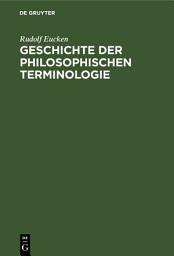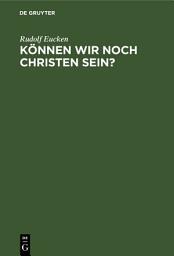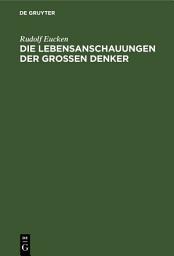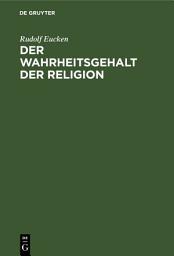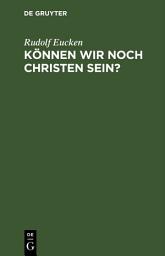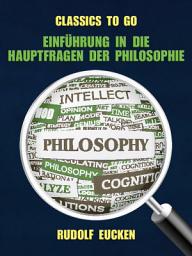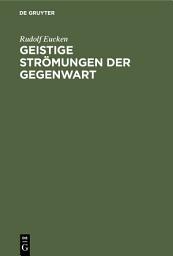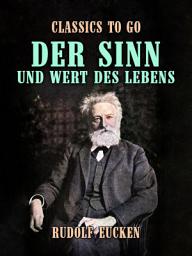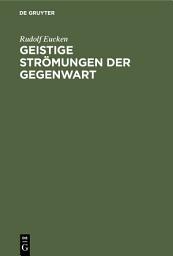Rudolf Christoph Eucken
Rudolf Christoph Eucken (1846–1926) was a renowned German philosopher whose work primarily revolved around the philosophy of life and idealism. Born on January 5, 1846, in Aurich, East Frisia, Eucken studied at the University of Göttingen and later at the University of Berlin. With a robust academic career, Eucken received recognition for his unique blend of idealistic philosophy with practical ethical considerations, exemplified in his most notable work, 'Life's Basis and Life's Ideal: The Fundamentals of a New Philosophy of Life.' His writing is characterized by a penetrating examination of the psychological underpinnings of human life and an advocacy for a spiritual life as the foundation for a meaningful existence. Eucken's influence in philosophical circles was substantial, leading to his receipt of the Nobel Prize in Literature in 1908, an acknowledgment of his deep insights and literary contributions to the exploration of human consciousness and morality. His literary style exhibits a profound grasp of the philosophical traditions preceding him, while ambitiously pushing the boundaries towards new schools of thought that emphasized the vitality of the human spirit and its ethical strivings. Eucken was committed to addressing the growing materialistic outlook of his time, advocating instead for an active and value-oriented life. His vast oeuvre continues to be studied for its contribution to the conversation on the intersection between metaphysics and practical life.
Ebooks
